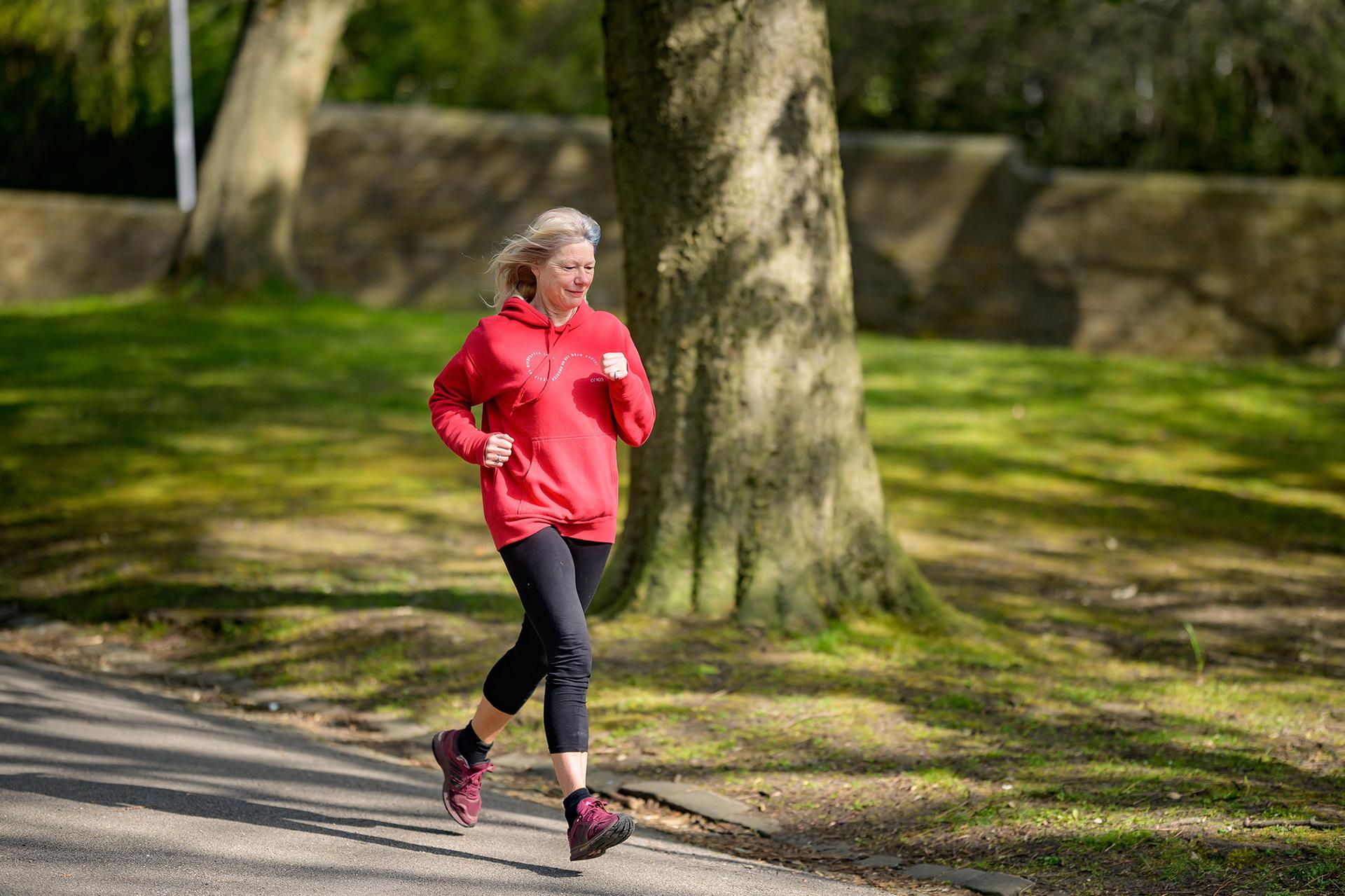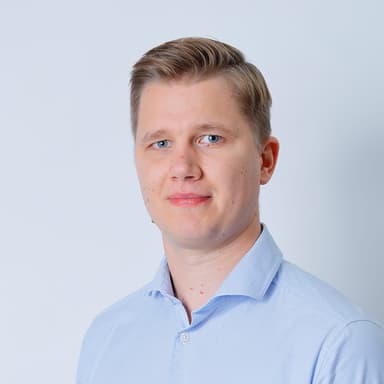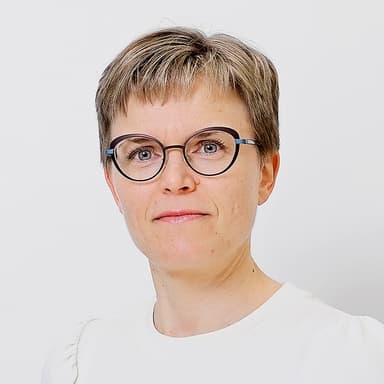XAGE – Exercise and Aging

Our research
The XAGE study addresses to the global challenge of rapid population aging which we are experiencing also in Finland.
Physically active lifestyle and physical exercise are important ways to advance healthy aging.
The XAGE-study is a 6-month physical exercise intervention study. Our study aims to investigate how physical exercise affects different aspects of biological aging, especially how old one appears physiologically, i.e. what is one’s biological age. Secondary aims include the examination of the effects of physical exercise on other phenotypic markers of aging such as functional capacity, physical performance, blood biomarkers, telomere length and epigenetic clocks. We will additionally investigate if some baseline factors such as genetic risk factors are associated with factors describing aging process and physical activity.
The XAGE study is conducted in the metropolitan area in Finland. During 2023–2025 we recruited 150 physically inactive 50–70-year-old adults who don’t smoke and don’t have major chronic diseases.
The XAGE study will provide new data on the effects of physical exercise on longevity and aging by using both established and novel markers of aging and how these are intertwined with each other. We expect that the gained knowledge can be translated into clinical practice and that our study helps to advance the current knowledge on how physical exercise could promote healthy aging in adults approaching later life.
For participants
The XAGE study is a 6-month exercise intervention. In the beginning of the study there are four separate research visits. During these visits, information about aging-related measures using different methods is collected in various ways. In addition, physical activity and sleep are measured at home during a 7-day period. Based on these measurements we will make sure the eligibility and safe participation of each participant in the study.
After the first four research visits the participants are randomized either to the control group or exercise group for the 6-month intervention period. The participants in the control group will get the national recommendations for physical activity and otherwise they will continue their normal life. The participants in the exercise group will get the exercise training program and they will be exercising according to this program 4-5 times a week. The exercise training program consists of Nordic walking and resistance training with elastic bands. Exercise sessions are performed independently at home but the research personnel will instruct the participants before the start of the intervention and contact the participants regularly during the exercise intervention period.
Each participant will be keeping an exercise diary and using Oura-ring during the whole intervention period. In addition, physical activity is measured by accelerometers after two and four months. The exercise group will also get heart rate monitors which are used during the exercise sessions of the exercise training program.
The study will end after the 6-month intervention period and the same research visits and measurements are performed as in the beginning of the study. Lastly, each participant will get feedback based on her/his own measurements results.
General information about the measurements performed in the study
The measurements that belong to the study will be performed in Helsinki (Töölö, Meilahti) in Folkhälsan Research Center, HUSLAB and Finnish Institute of Occupational Health. The measurements are performed during four separate research visits and during a 7-day measurement period at home. The measurements are done both in the beginning of the study before the exercise intervention period and in the end of the study after the exercise intervention period.
The first research visit includes measurements done at rest such as blood pressure, heart rate and body composition as well as tests for functional capacity such as hand grip strength and walking speed test. Each participant will also fill in the questionnaire.
The second research visit is a fasting blood sample in the HUSLAB. At the baseline measurements the oral glucose tolerance test is also performed in order to be able to exclude diabetes.
The third research visit includes an exercise test (spiroergometry) in the Finnish Institute of Occupational Health. The test is done on a cycle ergometer starting from a low intensity level until the maximum intensity level of each participant. The test is done under the supervision of a medical doctor and the aim is to determine physical performance capacity.
The fourth research visit includes the measurement of pulse wave velocity.
At home physical activity and sleep are measured for 7 days using an ActiGraph-accelerometer and Oura-ring.
Read more
Senior Scientists
Hannu Kautiainen
Merja K. Laine
Tuija Mikkola
Niko Wasenius, Project Leader
Group Leader
Postdoctoral Researcher
Hanna Jantunen
Doctoral Researcher
Staff
Samfundet Folkhälsan
Medicinska Understödsföreningen Liv och Hälsa (“Life and Health Medical Fund”)
The Medical Society of Finland (Finska Läkaresällskapet)
Finnish Cultural Foundation
Päivikki and Sakari Sohlberg Foundation
Contact us

Niko Wasenius
Senior Scientist, Project Leader
Public Health
